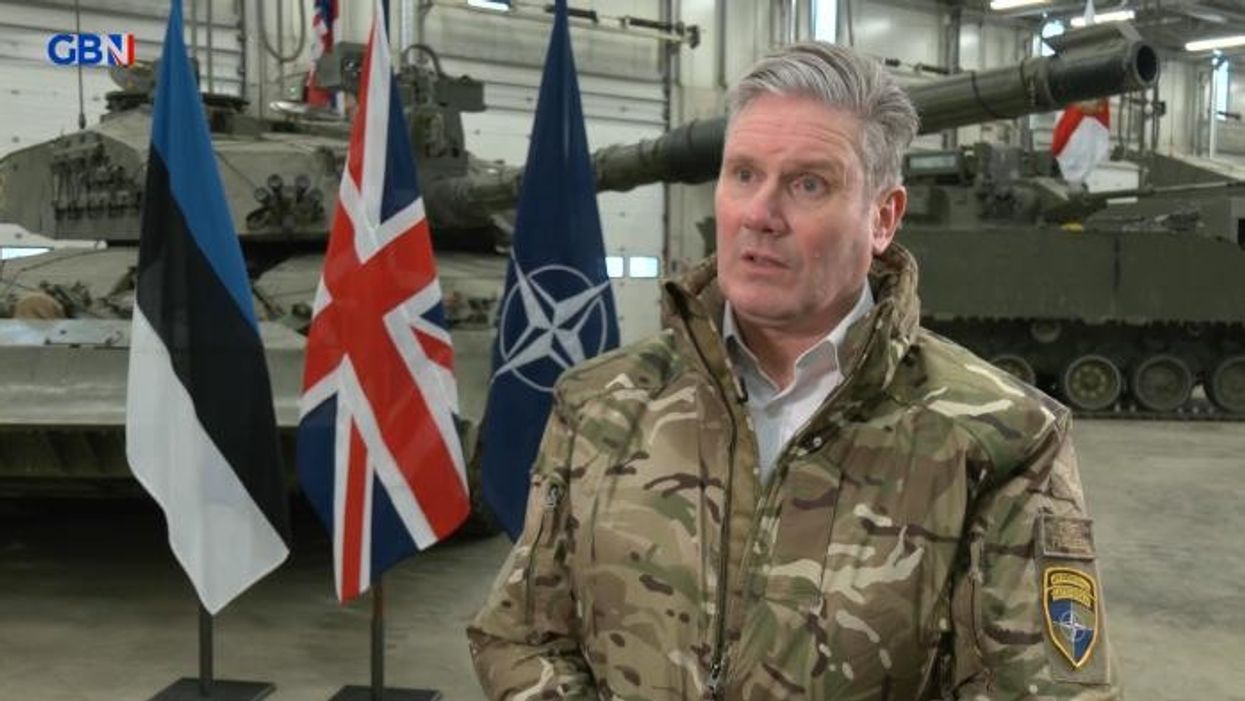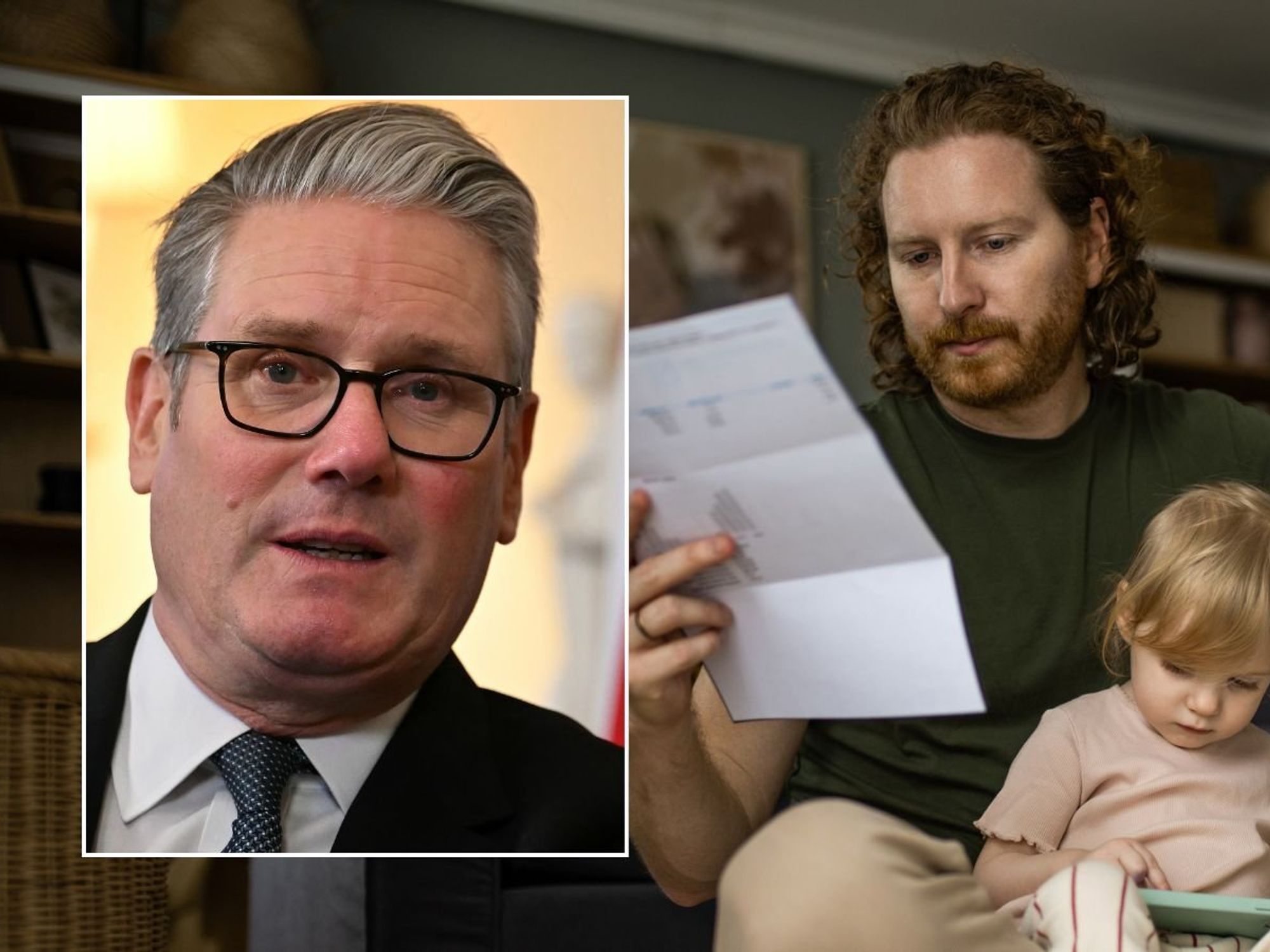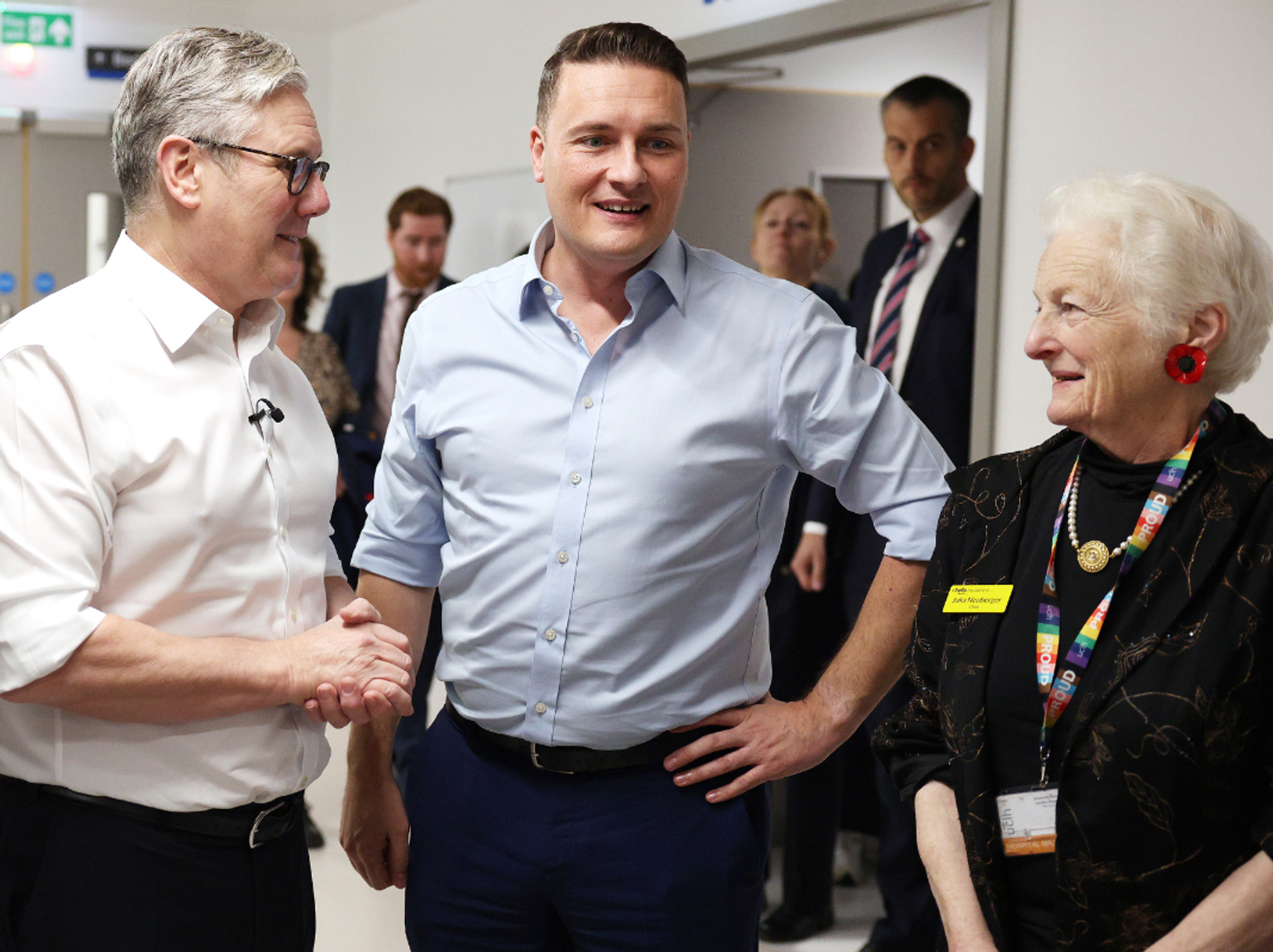UK plans to build 'major' £300m nuclear power plant in bid to create 'energy independence' from Putin's Russia

There are concerns Britain’s energy strategy will incur long delays and rising costs
Don't Miss
Most Read
Latest
The UK has unveiled plans to deliver the biggest expansion of its nuclear power in 70-years with a “major” £300million investment announced to curb Britain's dependence on Vladimir Putin’s energy supplies.
Prime Minister Rishi Sunak and Energy Secretary Claire Coutinho claimed the measures would loosen the Kremlin’s grip on British energy in a statement released this morning.
The Government’s announcement, which comes almost two years after Putin’s illegal invasion of Ukraine, hopes the measures will reduce electricity bills, support thousands of jobs and improve UK energy security.
In a press release, Sunak’s Government revealed it was “exploring building a major new power station” in a bid to “protect the country from price volatility” and “bolster the UK’s energy independence”.
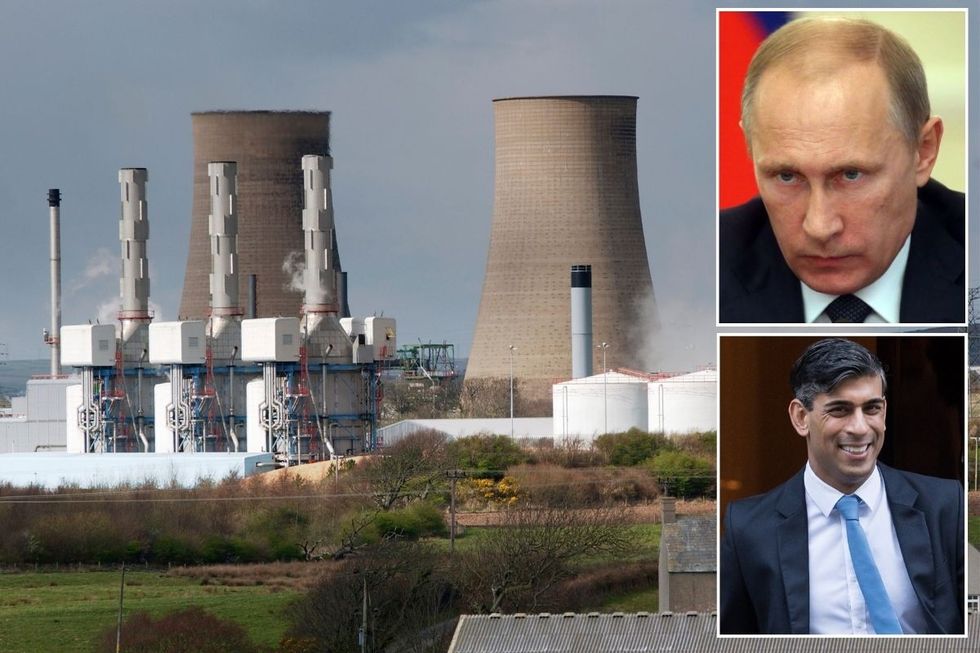
Sunak’s Government revealed it was “exploring building a major new power station”
|GETTY
The Civil Nuclear Roadmap is intended to give industry certainty of the future of the UK’s strategy as it intends to boost Britain’s homegrown supply.
The plans also include next steps for exploring a GW-scale power plant as big as Sizewell in Suffolk or Hinkley in Somerset, which are capable of powering six million homes each.
However, state-owned French utility giant EDF said the cost of Hinkley Point C had spiralled to £33billion, up 30 per cent from its 2015 forecast.
There are also concerns that Hinkley’s start date may be delayed from the summer of 2027 to the early 2030s.
LATEST DEVELOPMENTS: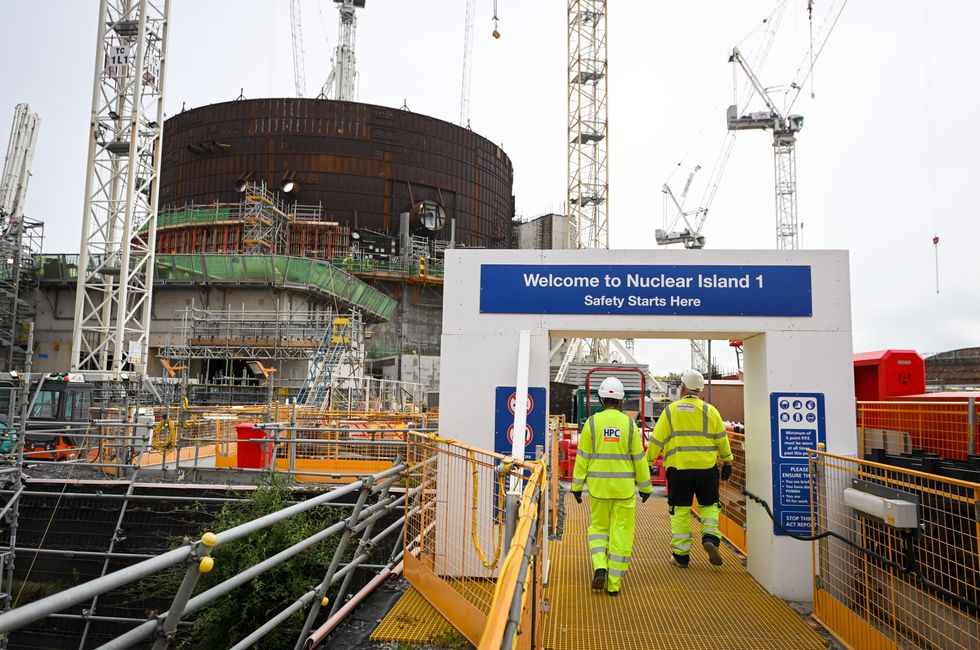
The cost of Hinkley Point C had spiralled to £33billion
|GETTY
Unveiling the latest measures, Sunak said: “Nuclear is the perfect antidote to the energy challenges facing Britain - it’s green, cheaper in the long term and will ensure the UK’s energy security for the long-term.
“This is the right long-term decision and is the next step in our commitment to nuclear power, which puts us on course to achieve net zero by 2050 in a measured and sustainable way.
“This will ensure our future energy security and create the jobs and skills we need to level up the country and grow our economy.”
Coutinho added: “Strengthening our energy security means that Britain will never again be held to ransom over energy by tyrants like Vladimir Putin.
"British nuclear, as one of the most reliable, low-carbon sources of energy around, will provide that security.
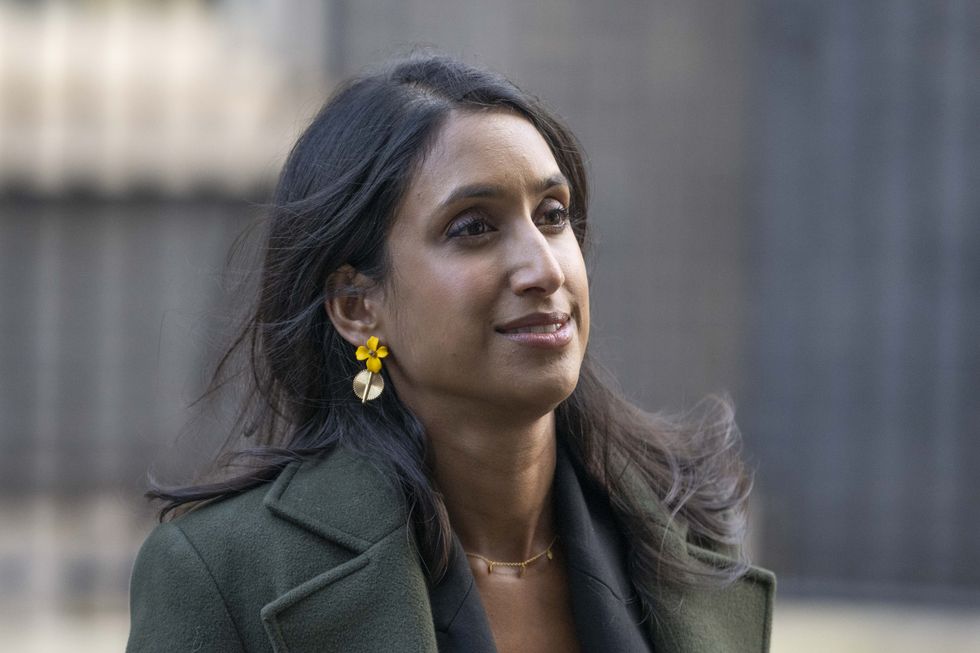
Claire Coutinho leaves Downing Street after attending the weekly Cabinet meeting in London
|GETTY
“We’re making the biggest investment in domestic nuclear energy in 70 years.
“Our £300 million plan to produce advanced nuclear fuel in the UK will supply nuclear plants at home and overseas – further weakening the Kremlin’s grip on global energy markets.
“From large gigawatt projects to small modular reactors, the UK’s wider nuclear revival will quadruple our nuclear capacity by 2050 – helping to power Britain from Britain.”
Despite the latest boost to British energy, the UK’s nuclear power output fell to its lowest level in more than 40 years in 2023.
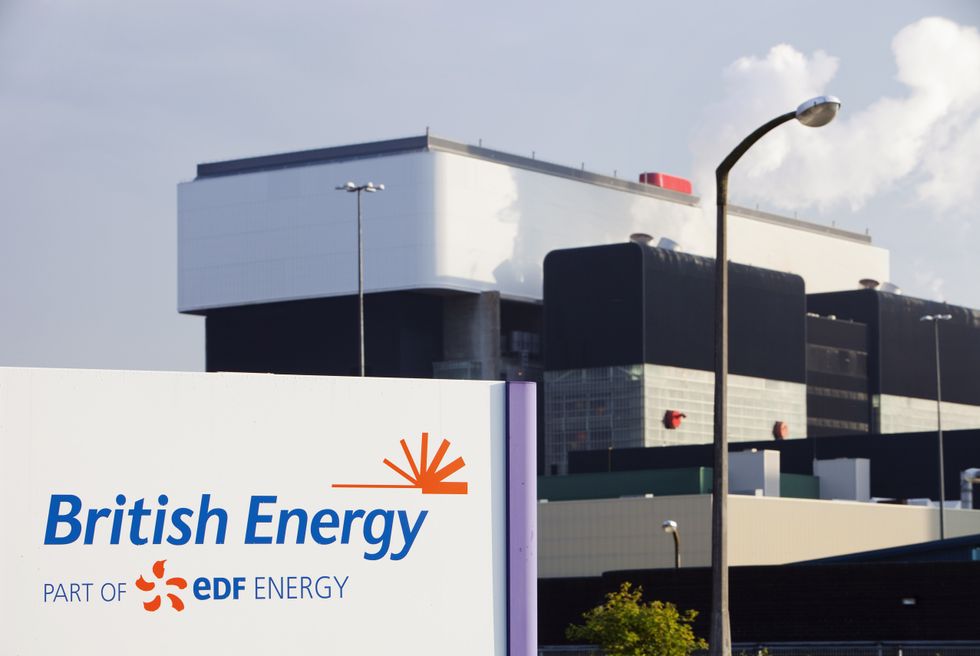
Heysham nuclear power station in Lancashire
|GETTY
The drop came after three reactors closed in the previous two years and statutory maintenance forced temporary shutdowns at four reactors.
EDF said its nuclear output in the UK had fallen from a high point of 65 terawatt hours in 2016, from eight nuclear plants, to less than 40TWh in 2023.
Criticising the Government’s announcement, Greenpeace UK’s chief scientist Doug Parr also said: “Every few months the government makes a grandiose public announcement about future nuclear in the hope that a big investor will believe the hype and step up to fund this 20th-century technology, but it isn’t working.”
He added: “The energy industry knows that the economic case for slow, expensive nuclear just doesn’t add up, and the future is renewable.”
“This vague, aspirational announcement with its unevidenced claims of cheap energy is unlikely to change their minds when there are real reactors overshooting their massive construction budgets and showing them the truth.”


